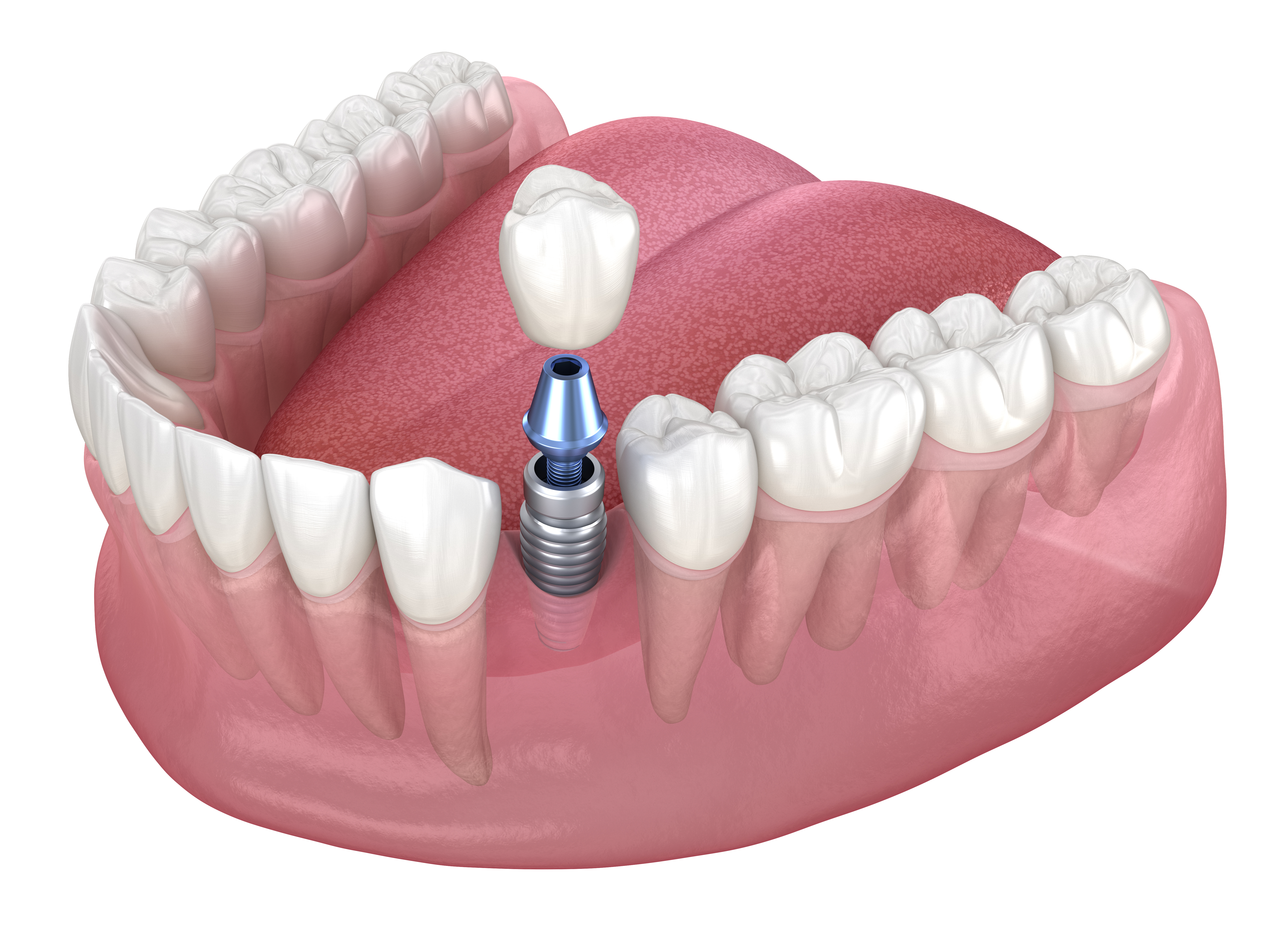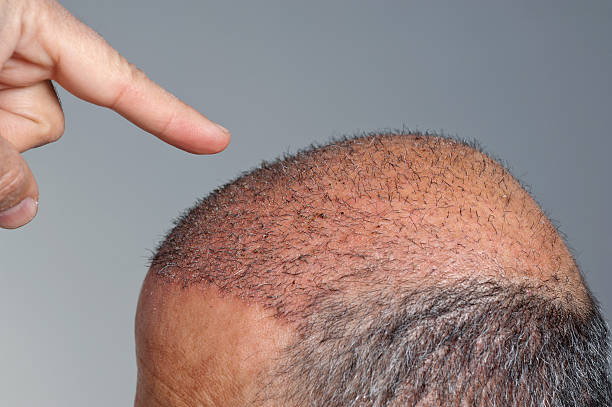Dispelling the Myths: A Closer Look at CBD and its Health Benefits
Debunking the hype and peeling back the layers of controversy, let's take an in-depth dive into the world of Cannabidiol (CBD). Could this misunderstood derivative of cannabis plant hold the key to a myriad of health benefits? Let's find out.

Cannabidiol (CBD): A Historical Overview
A naturally occurring compound found in cannabis, CBD has been used for thousands of years for its therapeutic properties. Unlike THC, the psychoactive compound in marijuana, CBD does not produce a “high.” It was first discovered in the 1940s, but it only gained widespread attention in the 21st century when studies revealed its potential health benefits.
CBD in Current Health Trends: Friend or Foe?
CBD has emerged as a popular health trend, with claims that it can alleviate a variety of conditions ranging from anxiety to chronic pain. Some experts believe CBD acts on the endocannabinoid system – a complex cell-signaling system in our bodies involved in regulating sleep, appetite, mood, and immune system response. However, while some studies have shown promising results, more research is needed to fully understand and validate these claims.
Delving into the Science: What Does Research Say?
While the FDA has only approved the use of CBD in treating epilepsy, ongoing research suggests that CBD might have broader therapeutic applications. Preliminary studies indicate potential benefits for anxiety, sleep disorders, and chronic pain. However, it’s crucial to approach these findings with caution, as more extensive, long-term studies are needed to confirm these benefits and understand potential side effects.
The CBD Controversy: Weighing the Benefits and Challenges
While CBD’s potential health benefits are intriguing, it’s not without challenges. Regulation and quality control in the industry can be inconsistent, leading to varying product quality. Moreover, potential drug interactions and side effects such as drowsiness, dry mouth, and lowered blood pressure, also need to be considered. Therefore, it’s essential to consult with a healthcare provider before starting any CBD regimen.
A Few Nuggets of Wisdom on CBD
- CBD is non-psychoactive, meaning it won’t get you “high.”
- Quality matters. Always choose high-quality CBD products from reputable sources.
- It’s always advisable to start with a low dose and gradually increase under the guidance of a healthcare provider.
- Regular monitoring and adjustments are necessary to achieve optimal results.
- Always consult your healthcare provider before starting, stopping, or adjusting any medication or supplement regimen.
In conclusion, CBD holds potential as a wellness tool with its purported health benefits. However, like any other health trend, it’s crucial to navigate this territory with an informed and balanced perspective. More research is necessary to validate its benefits fully, understand potential side effects, and establish optimal dosing guidelines. As always, a personalized approach under the guidance of a healthcare provider is the best strategy when considering CBD or any other health regimen.




